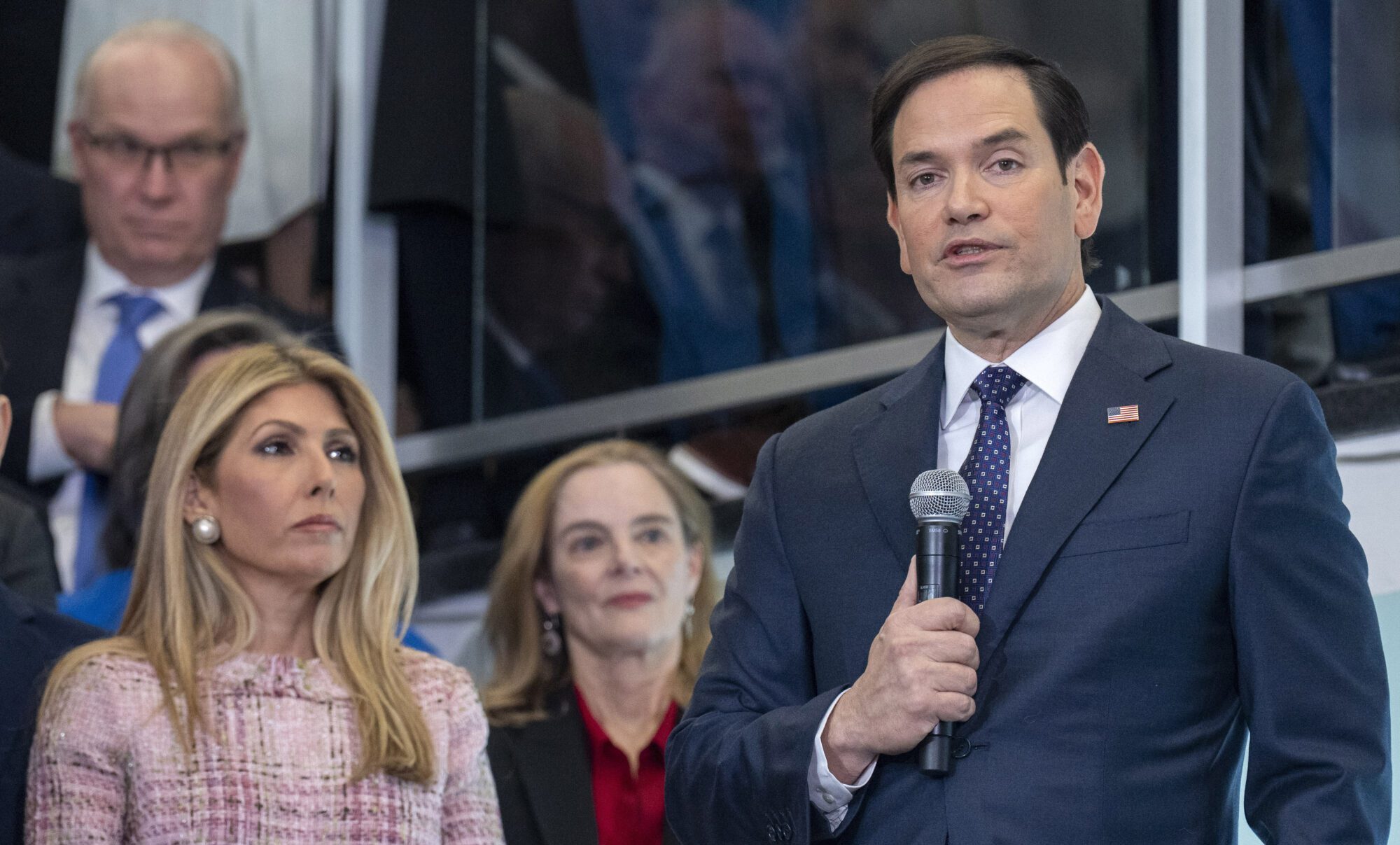Zach Scruggs oral argument in the Fifth Circuit: A difficult day for the Government
During the argument, the Government conceded that the factual basis, because it does not mention bribery, fails to describe facts that constitute a federal crime. Scruggs’s lawyer conceded that Scruggs’s claim was procedurally barred but for the jurisdiction issue. While the panel far more closely questioned the Government, during Scruggs’s rebuttal, the questions made clear they were looking closely at both sides. There’s a Supreme Court case, Bousley, that gave Scruggs the most trouble, and an 11th Circuit case, Peter, that was close to a train wreck for the Government.
Those two cases really do provide a dividing line that will decide this case. In each, the defendant had entered a plea to what, subsequently, the Supreme Court held was not a crime. Bousley had plead to a crime involving “use” of a firearm in connection with another crime and the Supreme Court later held that mere possession does not constitute use. The information to which he plead just alleged use, and you had to go beyond the information to the factual basis to see that the government was merely charging possession. The United States Supreme Court held that, because Bousley had not raised the issue on direct appeal, he could only raise it if he showed actual innocence. Peters had plead to a RICO violation involving fraud in obtaining state licenses, and the Supreme Court had held that state licenses were not a “property” interest and therefore did not provide the predicate crime for the RICO charge. The 11th Circuit held that, because the Government’s information charged that the property interest was state licenses, the information was explicitly charging something that was not a crime and was thus jurisdictionally defective. In other words, because you could actually see the defect in the information in Peters, Bousley did not apply.
Apparently, the line between Bousley and Peters is this: If the information “papers over” the flaw in the government proof by alleging the crime in conclusions without the detail, Bousley says the Government wins absent a defense showing of actual innocence. If the defect is clear in the information, Peters says the Government loses. Scruggs argued for a middle position, that you couldn’t tell what the crime was from the information and you had to go to the context– the factual basis and the plea colloquy– where you learn about the defect. The Government said, no, because our information alleged enough, Bousley says you get to stop there.
NMC
7/10/12






